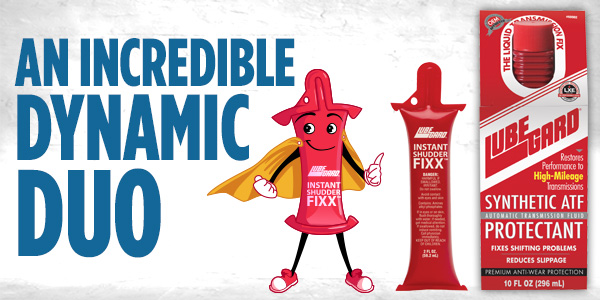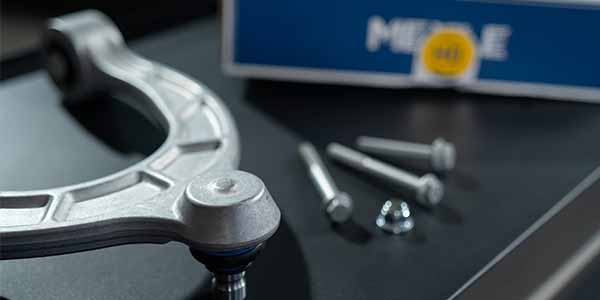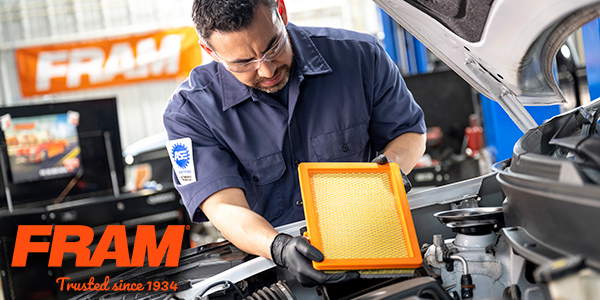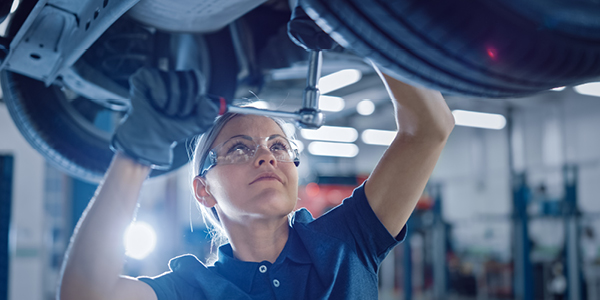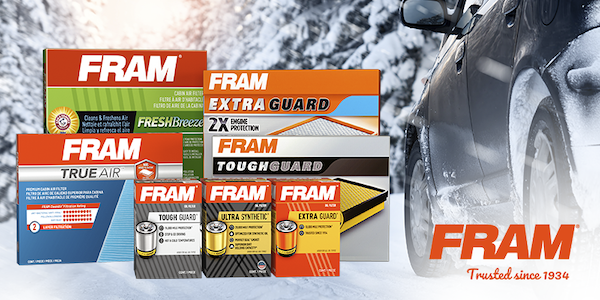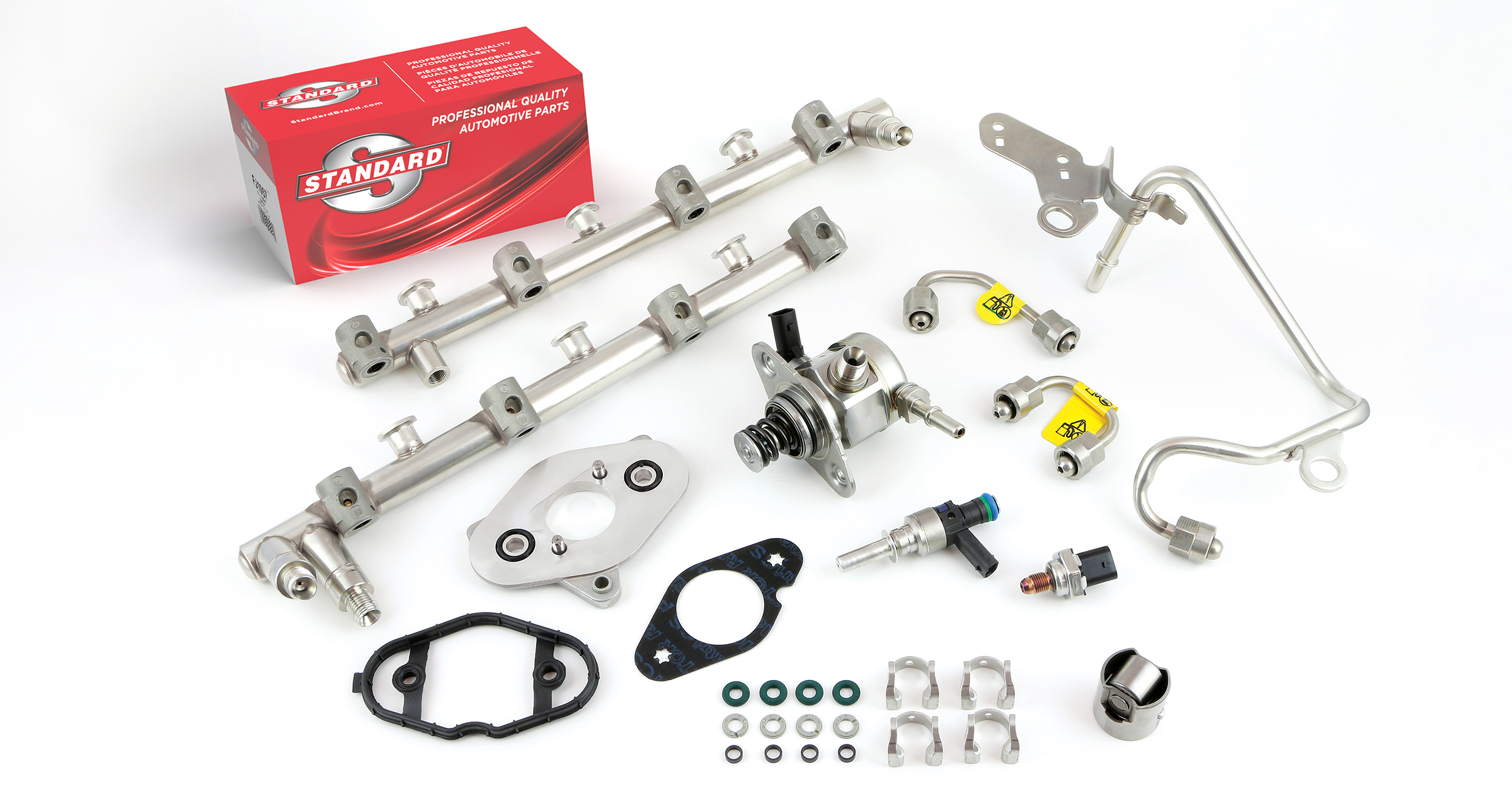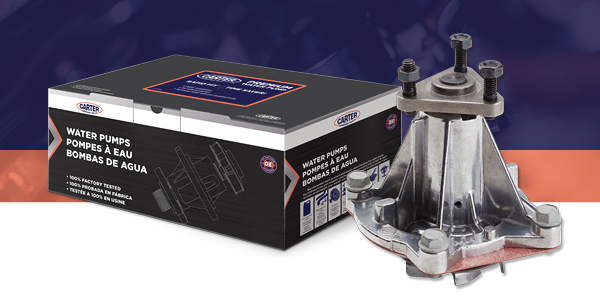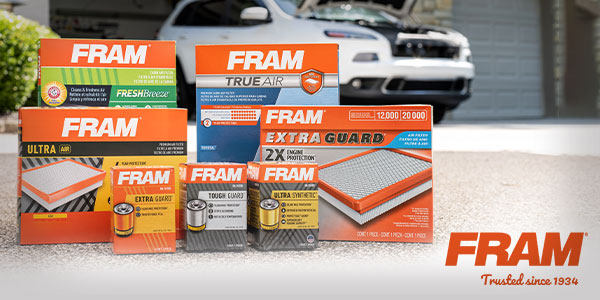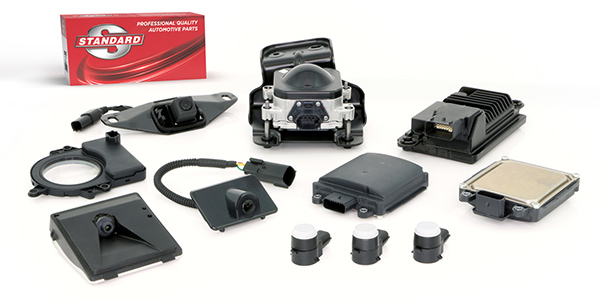For many people who have been working from home instead of making the daily commute to the office, there is growing concern regarding the unintended impact the inactivity may have on their vehicle’s dependability. In addition to the delayed maintenance and overall inactivity of vehicles, winter’s arrival adds to the challenges facing millions of vehicle owners.
According to AutomotiveResearch.com, there has been a 2.5% increase in delayed vehicle maintenance since the beginning of the first quarter (Q1) of 2020. The increase in delayed maintenance brings the total amount of respondents to 20.1%, or a total of 55M + vehicles impacted by delayed maintenance. Older vehicles that fall into the 6 – 12-year range, which make up more than 31% of all vehicles on the road, are especially vulnerable to delayed maintenance.
Air Quality
One of the most neglected filters in a vehicle is the cabin filter, whose efficient operation is especially crucial in colder months. When cabin filters become clogged, airflow with the vehicle’s cabin is significantly reduced, making defrosting windows a slow and often unsafe process. Cabin air filters are also valuable for keeping the smell of dust, dirt, and exhaust fumes out of a vehicle. Over time, these filters will block airflow, and installing a replacement is necessary. Anyone concerned about unsafe particulates in the air should be looking at the replacement of their cabin filter.
Oil Filtration
One of the best ways to combat cold temps during the winter months and ensure your vehicle remains functional between long bouts of inactivity is replacing the oil and oil filters. Winter temperatures in most parts of the country place especially high demands on engine oil and oil filtration. Oil that’s too thick can keep an engine from cranking over or starting in cold weather.
The relationship between cold temperatures and oil thickness puts extra demands on oil filtration. At 20 degrees F, most engine oils have a consistency resembling table syrup. When a cold engine fires up, the oil pump forces cold, thick oil through all the large and small passages in the engine, including the oil filter. It is critical the oil quickly finds its way through the filter to provide lubrication to engine bearings and other vital parts.
FRAM’s latest advances in oil filtration technology include FRAM Extra Guard®, FRAM Tough Guard®, and FRAM Ultra Synthetic®.
Extra Guard® filters employ a proprietary fiber- and resin-blended media to provide dirt-trapping efficiency and dirt-holding capacity while offering 10,000 miles of protection.
Tough Guard® offers a synthetic fiber and cellulose blend to trap dirt without affecting oil flow for 15,000 miles.
Ultra Synthetic® filters utilize an ultimate dual-layer synthetic blend media that provides up to 20,000 miles of engine protection.
No matter what season, vehicle owners should not skimp on quality when it comes to oil and air filtration.
FRAM® has been determined to develop high quality oil and air filters for years and has tested combinations of materials and components that will keep your car running cleaner for longer. Explore the benefits of all of the FRAM® oil, air, and cabin filters at fram.com.
This article was sponsored by FRAM.



